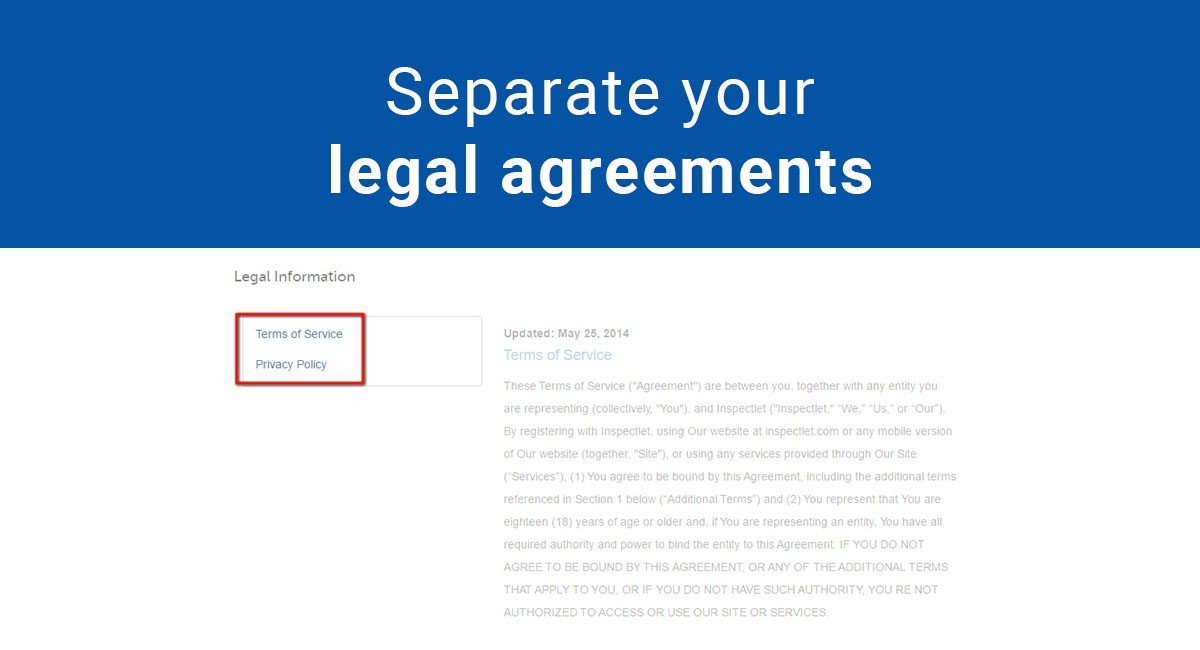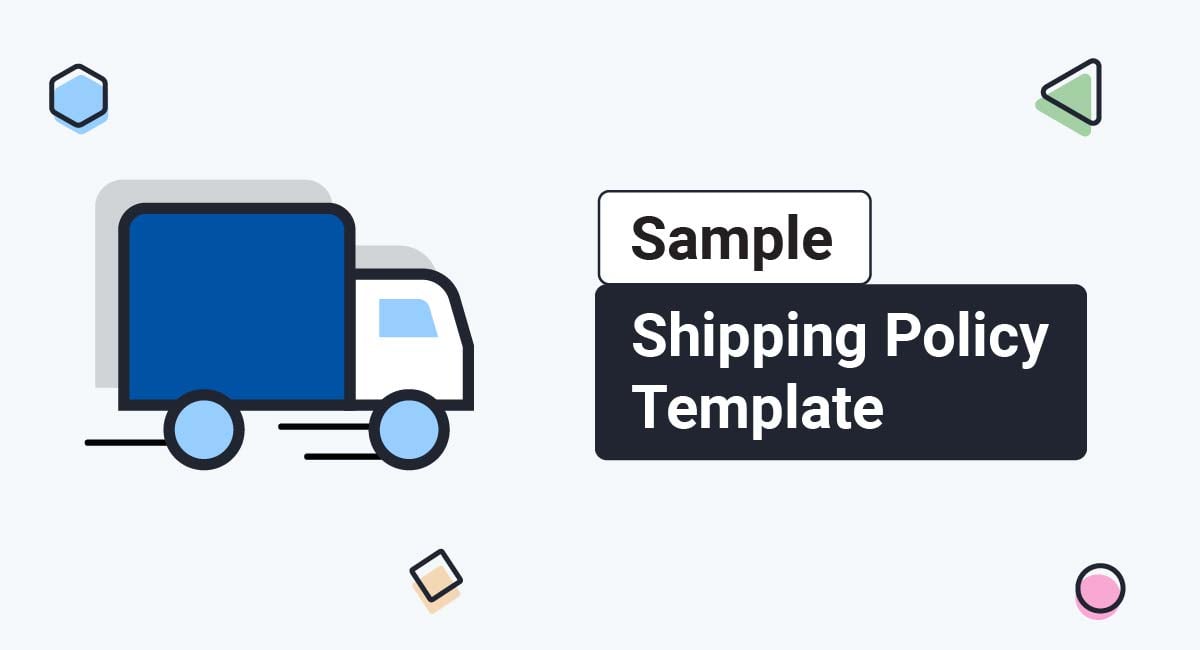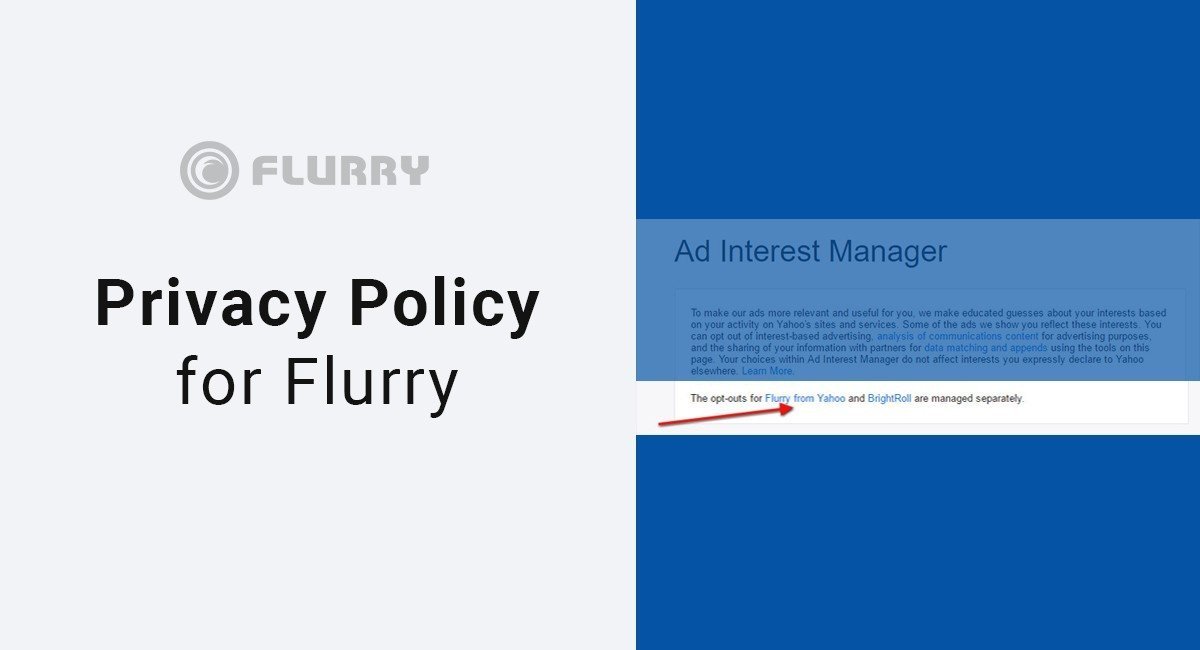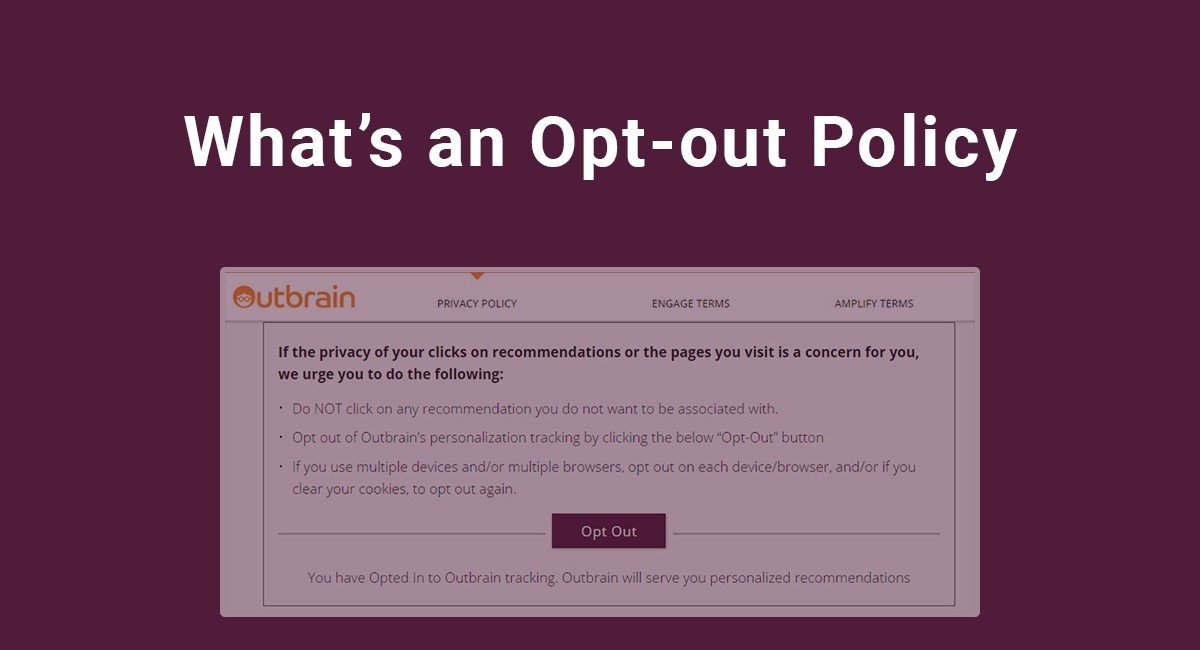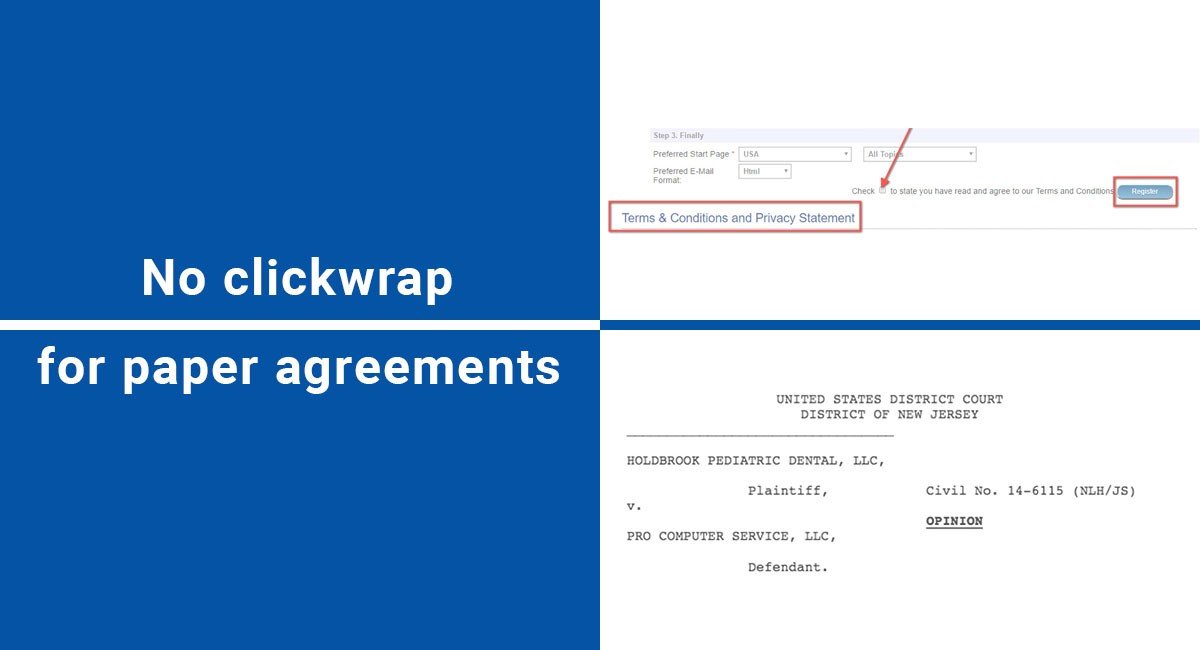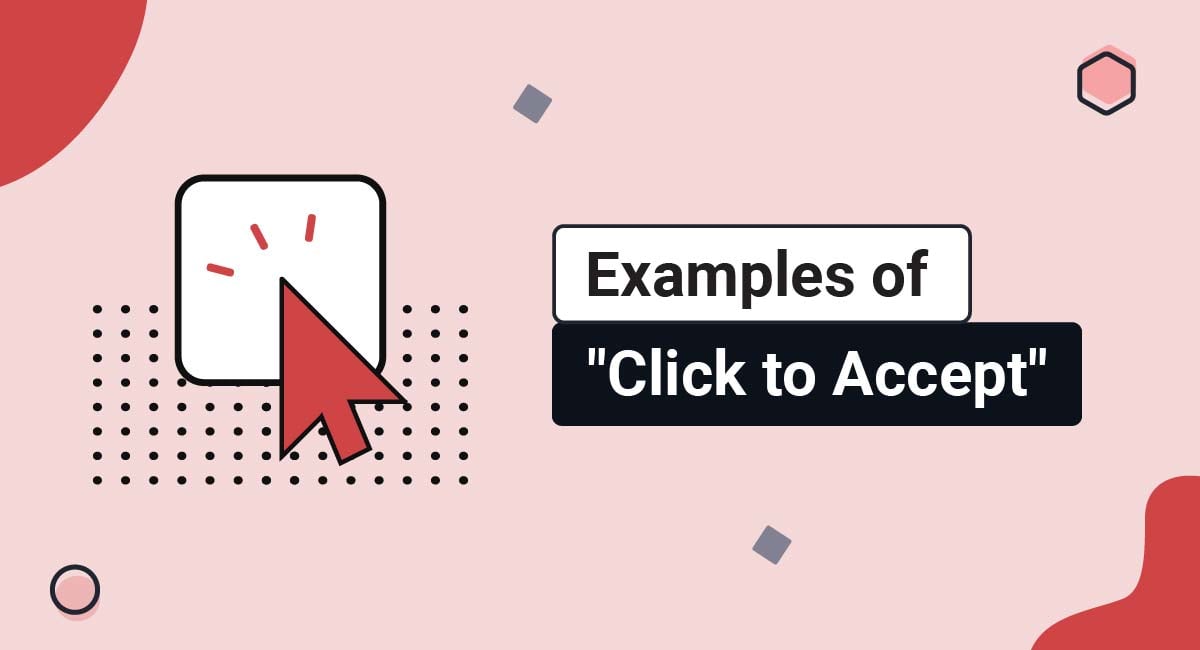
Sara Pegarella - Page 9
Widener University School of Law graduate, Managing Legal Editor at TermsFeed.
Sara graduated from Widener University School of Law in 2010, and has a B.A. in English/writing. After years of technical/legal writing and compliance consulting, she began focusing on editing, and managing teams of writers. She's also a certified Integrative Health Practitioner and health coach. When not finding typos, she's gardening, reading, listening to health and biohacking podcasts, and spending time in nature.
Always Separate Your Legal Agreements
If you run an online business, you'll need a wide range of legal agreements. Some may be required by law, while others aren't legally required but are agreements that you will really want in place in order to thoroughly protect your business. For example, if your website collects personal information from...
Shipping Policy Template
A Shipping Policy is where you let your customers know important details about how you ship your goods, such as what shipping services you use, what shipping fees are, and what timeframe customers should expect for delivery. This article will break down the benefits of having a Shipping Policy, and show...
Privacy Policy for Flurry
Flurry Analytics is a feature of Flurry that lets app publishers track analytical information about how an app is being used. Platforms like Flurry collect non-personally-identifying information about users like what model and type of device a user is accessing the app on, what language, date and time the app is...
What's an Opt-out Policy
"Opting out" in a legal sense means the same as it does in an everyday sense. To "opt-out" means you are choosing to no longer participate in something. Opting out becomes significant in a legal sense when you develop a website or app that's legally required to provide a method of...
No clickwrap for paper agreements
If you're a SaaS business, it's very important for you to get consent from a customer that the customer agrees to be bound by your legal agreements, regardless if you only have a Privacy Policy or a Terms and Conditions (also known as Terms of Use or Terms of Service). Without...
Examples of "Click to Accept"
The "click to accept" method is the most common approach when it comes to getting users to agree to your Terms and Conditions (also known as Terms of Use or Terms of Service), Privacy Policy and other important legal agreements. This article will explain why, and show some examples so you...
